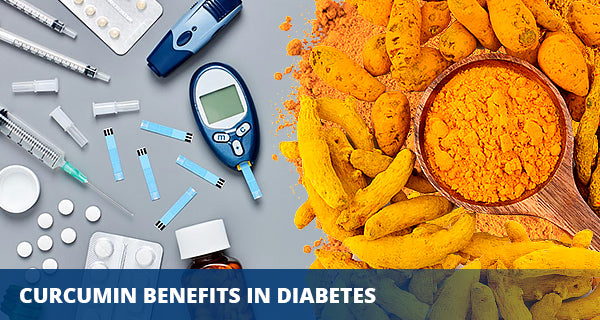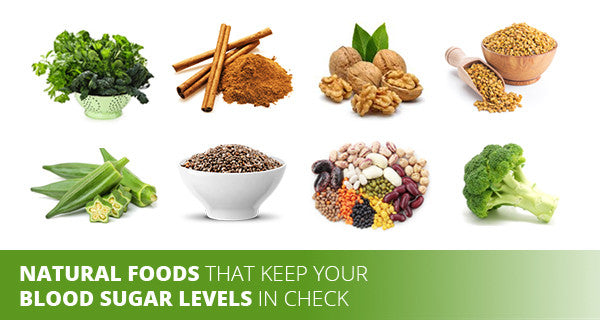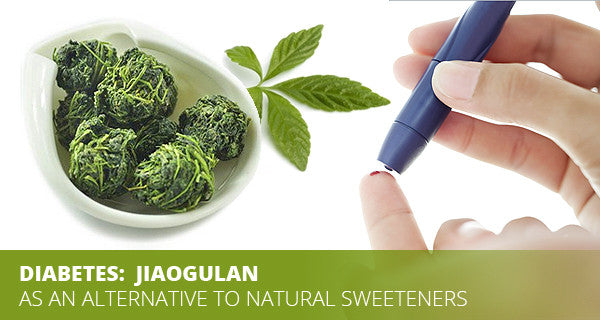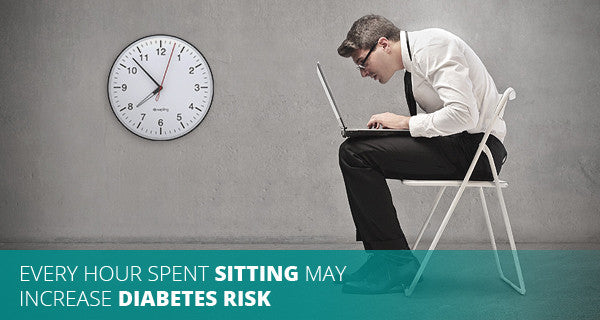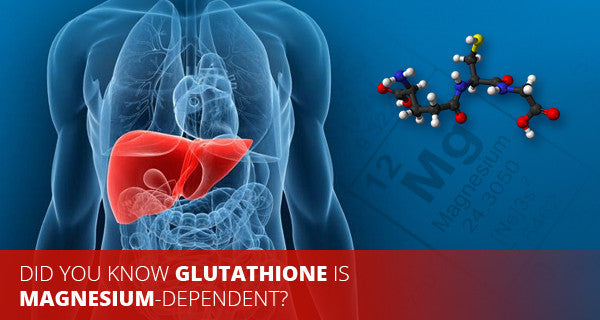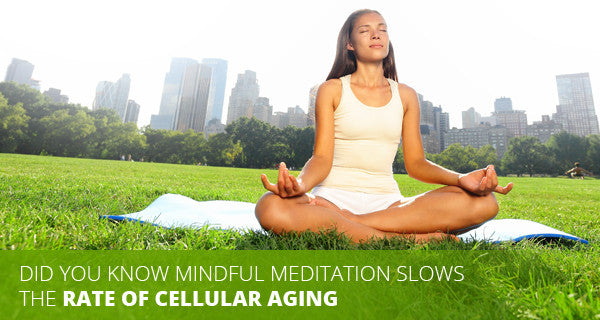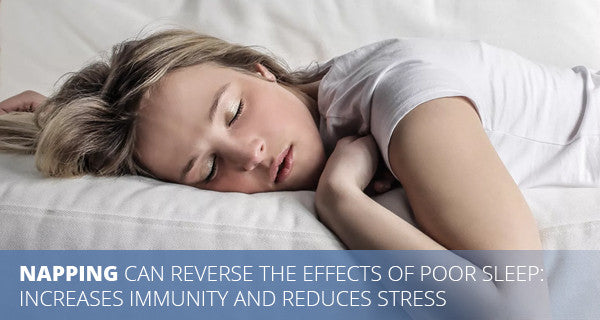Health on Your Terms
8 Foods that keep your sugar levels in check naturally
By Simon HOMARUS
Jiaogulan and Diabetes
By Simon HOMARUS
Free Radicals
By SQ Staff
Sedentary lifestyle is linked to Type 2 Diabetes
By SQ Staff
Glutathione: The Master Anti-Oxidant
By Simon HOMARUS
Mindful Meditation
By Simon HOMARUS
Heavy workloads, meeting tight deadlines, care giving, financial worries. Stress has invaded our daily lives in many forms. We can withstand occasional bouts of extreme stress, which can actually be a good thing by motivating us to take meaningful action.
But what happens when we are frequently or continually exposed to such environmental stressors? It takes a toll on our health. Stress plunges the body towards poor health and premature aging.
Scientists warn us that it is important to find ways to manage and reduce chronic stress in our lives or else risk the onset of many age-related diseases such as dementia, cardiovascular diseases, diabetes, arthritis, depression and even cancer.
Napping reverses the damage caused by poor sleep
By SQ Staff

